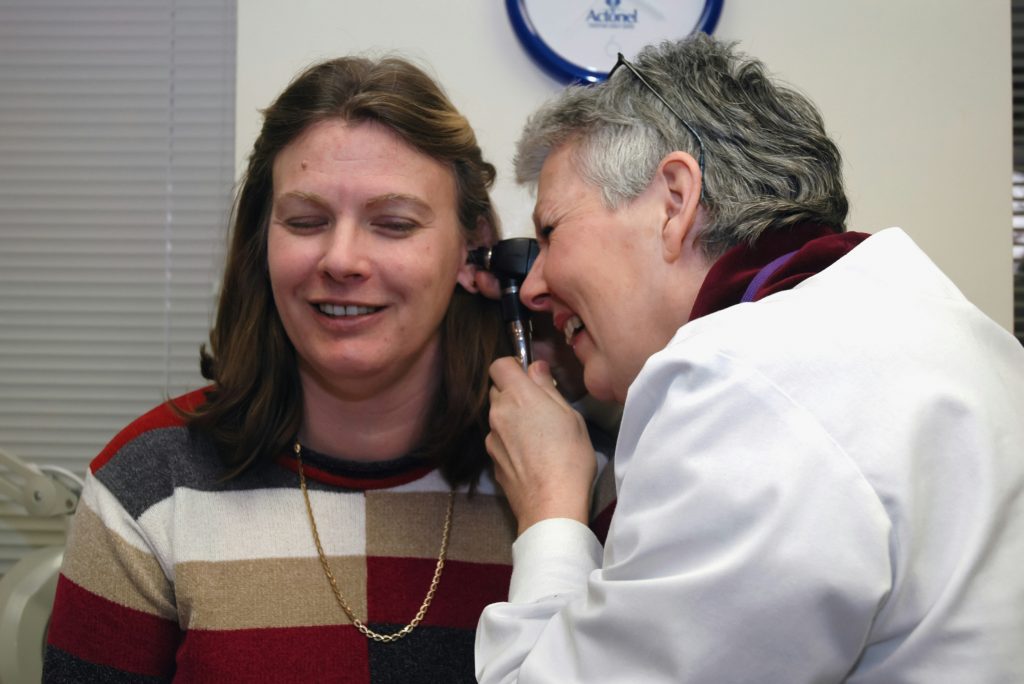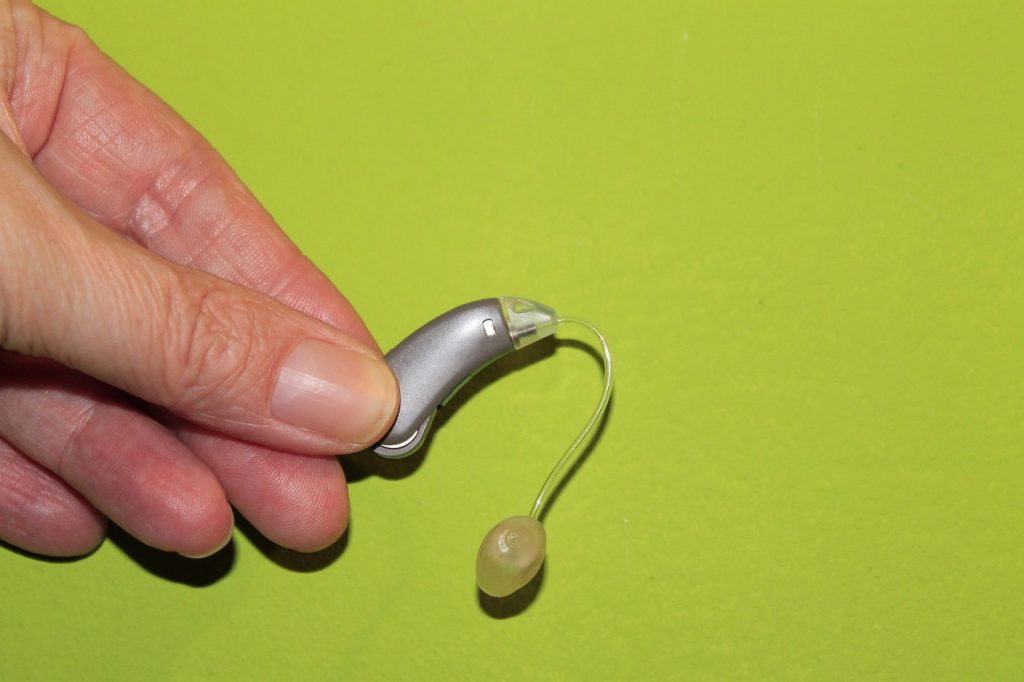

- Tinnitus involves hearing non-external noises and can cause symptoms like dizziness, headaches, and concentration issues.
- Causes include loud noise exposure, ear infections, age-related hearing loss, and conditions like high blood pressure.
- Treatments include management techniques, medications, hearing aids, and cognitive behavioral therapy to alleviate symptoms.
- Seeking help from ENT specialists in Singapore is crucial for diagnosis and personalized treatment.
- Coping strategies include relaxation techniques, avoiding loud noises, sound therapy, and maintaining a healthy lifestyle.
Tinnitus is a common condition that affects millions of people worldwide. It is characterized by ringing, buzzing, or other noises in the ears that are not caused by an external source. In Singapore, tinnitus is also a prevalent issue that many individuals experience. Understanding the symptoms, causes, and treatment options for tinnitus can help those affected by this condition manage their symptoms and improve their quality of life.
Symptoms of Tinnitus
Before getting into tinnitus treatments in Singapore, you first need to understand the symptoms of this condition. This will enable you to determine if you are experiencing tinnitus or another underlying issue. Some of the most common symptoms of tinnitus include the following:
- Hearing sounds in the ears with no external noise present.
- Sounds varying in intensity and pitch (mild ringing to loud buzzing or roaring).
- Potential dizziness.
- Headaches.
- Difficulty concentrating.
- Trouble sleeping due to the constant noise in the ears.
- Sensitivity to loud noises.
These symptoms can vary from person to person and may be intermittent or constant. They can also have a significant impact on daily life, causing frustration, irritability, and stress.
Causes of Tinnitus
Tinnitus can result from a variety of things. Understanding these underlying causes can help individuals manage their condition more effectively. Some common causes of tinnitus include:
- Exposure to extremely loud noises: Prolonged exposure to loud sounds can damage the inner ear.
- Ear infections: Infections can cause inflammation and lead to tinnitus.
- Age-related hearing loss: Natural degradation of hearing abilities as one ages.
- Underlying health conditions: Conditions such as high blood pressure or diabetes can contribute to tinnitus.
- Side effects of certain medications: Some medications may have tinnitus as a side effect.
- Injury to the head or neck: Trauma to these areas can result in tinnitus.
- Stress and anxiety: High levels of stress and anxiety can exacerbate tinnitus symptoms.
- Earwax buildup: Excessive earwax can lead to tinnitus.
- Temporomandibular joint (TMJ) disorder: TMJ disorders can cause issues with the jaw and lead to tinnitus.
These causes can also interact with each other and worsen tinnitus symptoms. It is essential to identify the underlying cause of tinnitus to effectively manage it.
Treatment Options for Tinnitus
While there is no cure for tinnitus, there are several treatment options available to help manage its symptoms. These include the following four main approaches:
- Management Techniques
Management techniques focus on helping individuals cope with and reduce the impact of tinnitus on their daily lives. These can include relaxation techniques, sound therapy, and counseling or support groups. Additionally, avoiding triggers such as loud noises and stress can also help manage tinnitus symptoms.
- Medications
Certain medications may be prescribed to help alleviate symptoms of tinnitus, such as antidepressants, anticonvulsants, or muscle relaxants. However, these medications may not work for everyone and can have potential side effects. You should always consult with a doctor before starting any new medication.
- Hearing Aids
For those with underlying hearing loss, in addition to tinnitus, hearing aids can turn up external noises and make the internal ringing less audible. Hearing aids can also help with communication and improve the overall quality of life for individuals with tinnitus.
- Cognitive Behavioral Therapy (CBT)
CBT is a special type of therapy that aims to change negative thought patterns and behaviors. This approach can be helpful in managing tinnitus by helping individuals change their reactions to the condition, reduce stress, and improve coping mechanisms.
- Alternative Treatments
There are also alternative treatments that some people find helpful in managing tinnitus, such as acupuncture, hypnosis, or herbal remedies. It’s essential to consult with a healthcare professional before trying any alternative treatment as they may interact with other medications and have potential side effects.
It is essential for individuals with tinnitus to work closely with healthcare professionals to determine the best course of treatment for their specific needs. An ENT (ear, nose, and throat) specialist may be able to provide further guidance and recommend personalized treatment options.
Seeking Help for Tinnitus in Singapore

If you are experiencing symptoms of tinnitus in Singapore, it is crucial to seek help from an ENT specialist who can provide a proper diagnosis and recommend appropriate treatment options. Many healthcare facilities in Singapore offer comprehensive services for individuals with tinnitus, including diagnostic testing and personalized treatment plans.
You can also find support groups and resources in the community to connect with others who are experiencing similar challenges. Remember, you are not alone in your journey with tinnitus, and with proper treatment and support, it is possible to manage the symptoms and improve your overall quality of life.
Coping Strategies for Tinnitus
In addition to seeking professional help for tinnitus, there are also coping strategies that individuals can use to manage their symptoms on a day-to-day basis. These may include practicing relaxation techniques such as deep breathing or mindfulness meditation, avoiding exposure to loud noises whenever possible, and maintaining a healthy lifestyle through regular exercise and balanced nutrition. You can also try using sound therapy, such as white noise or music, to help mask the ringing in your ears and provide some relief.
Understanding tinnitus and its impact is the first step toward effective management. While there is no cure, many strategies and therapies can reduce its effects. Seeking help from ENT specialists in Singapore can provide a proper diagnosis and a personalized treatment plan.
In addition to medical interventions, coping strategies like relaxation techniques, sound therapy, and a healthy lifestyle can ease symptoms. With the right support, individuals with tinnitus can improve their quality of life. Managing tinnitus is a journey, but you are not alone, and help is available.


